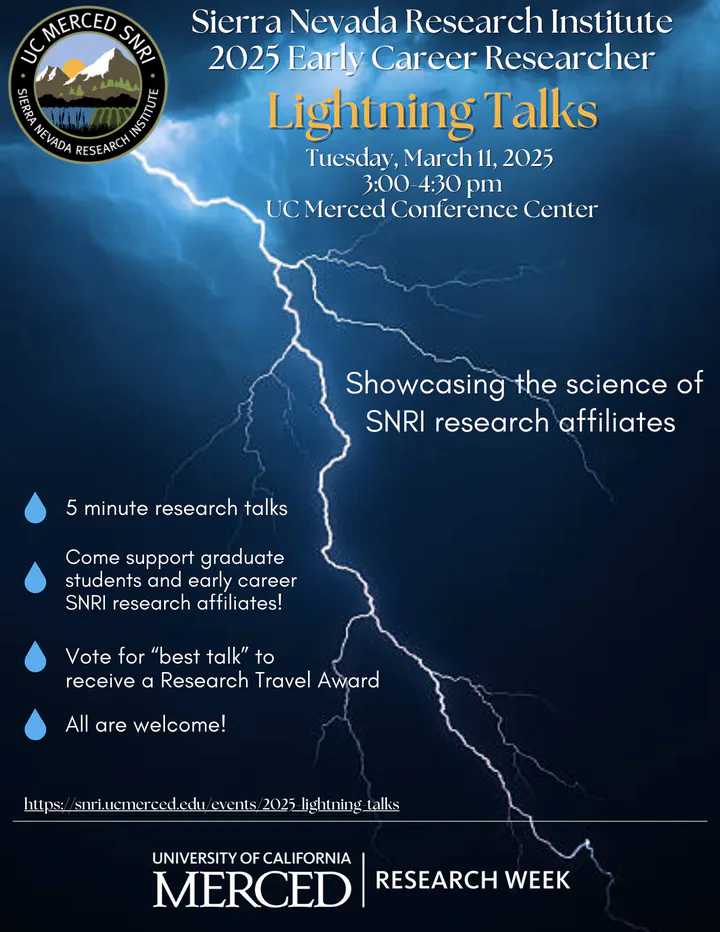Increasing synchronicity of global extreme fire weather
2025年3月11日· ,·
0 分钟阅读时长
,·
0 分钟阅读时长
殷聪
John Abatzoglou
 研讨会海报
研讨会海报摘要
Concurrent extreme fire weather creates favorable conditions for widespread large fires, which can complicate the coordination of fire suppression resources and degrade regional air quality. Here, we examine the patterns and trends of intra- and inter-regional synchronous fire weather (SFW) and explore their links to climate variability and air quality impacts. We find climatologically elevated intra-regional SFW in boreal regions, as well as inter-regional synchronicity among northern temperate and boreal regions. Significant increases in SFW occurred during 1979–2024, with more than a twofold increase observed in most regions. We estimate that over half of the observed increase is attributable to anthropogenic climate change. Internal modes of climate variability strongly influence SFW in several regions, including Equatorial Asia, which experiences 43 additional intra-regional SFW days during El Niño years. Furthermore, SFW is strongly correlated with regional fire-sourced PM2.5 in multiple regions globally. These findings highlight the growing challenges posed by SFW for firefighting coordination and human health.
日期
2025年3月11日 15:03 — 15:08
事件
位置
UC Merced Conference Center
5200 North Lake Rd., Merced, CA 95343